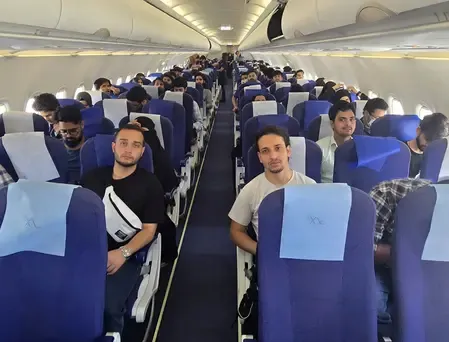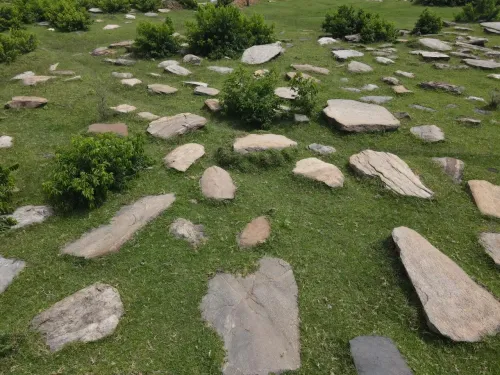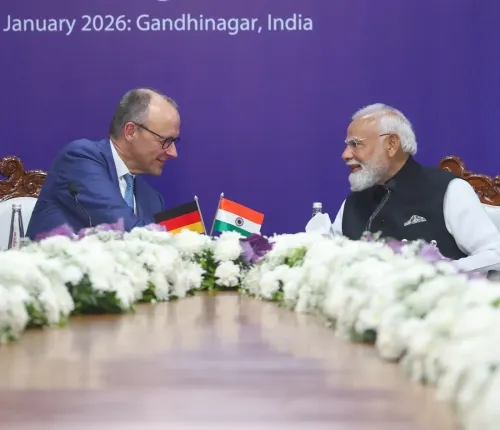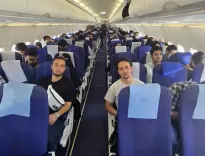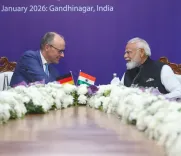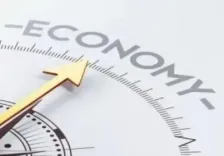Could ONOE Undermine Local Bodies’ Autonomy? Maha LoP Ambadas Danve Raises Concerns
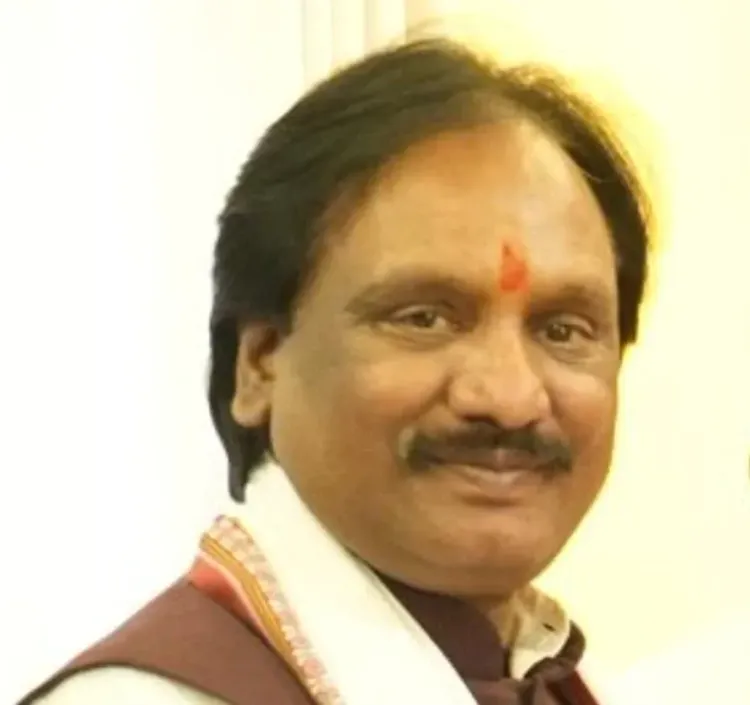
Synopsis
Key Takeaways
- One Nation One Election (ONOE) proposal poses challenges to local governance.
- There are concerns about the dilution of state-level issues.
- ONOE might favor national parties over regional ones.
- The proposal could limit voter accountability through less frequent elections.
- Potential financial burdens may outweigh projected savings.
Mumbai, May 19 (NationPress) The Leader of Opposition in the Maharashtra Legislative Council and Shiv Sena (UBT) leader Ambadas Danve stated on Monday that the proposed legislation regarding One Nation One Election (ONOE) has significant consequences for India’s constitutional framework, federalism, local self-governance, and electoral integrity.
He expressed concerns that aligning national and state elections might overshadow state-level issues, thereby undermining regional governance priorities. Furthermore, the ONOE initiative could inadvertently jeopardize the independence of local bodies like Panchayats and Municipal Corporations by centralizing electoral processes and diminishing grassroots democratic participation.
In his address to the visiting joint parliamentary committee, Danve acknowledged the intended goals of efficiency and fiscal discipline but emphasized that the proposed measures threaten the constitutional framework. The Constitution of India establishes a federal structure that affords states governing autonomy and freedom in electoral scheduling.
“Regional parties, including DMK, Trinamool, and BJD, are vital in voicing state-specific issues. The prospect of simultaneous elections may disproportionately benefit national parties in terms of media exposure, funding, and campaign visibility, creating an electoral imbalance,” he noted.
Ambadas Danve further stated that frequent elections allow voters to regularly hold governments accountable, warning that the fixed five-year terms under ONOE could restrict this feedback loop, ultimately weakening democratic responsiveness.
He raised concerns regarding the ONOE Bill's lack of clarity on handling midterm elections in cases of Assembly dissolution, President's Rule, or unstable coalition governments, scenarios prevalent in Indian politics.
“While projected long-term savings exist, the initial financial burden of acquiring new EVMs, training personnel, and improving infrastructure would be substantial,” he mentioned.
“The Election Commission of India (ECI) would face the monumental task of managing elections for over 900 million voters across 543 Lok Sabha and over 4,000 Assembly seats. Such a colossal undertaking may strain the ECI’s logistical, human, and technological capabilities, jeopardizing the transparency and effectiveness of the elections,” Danve warned.
He highlighted that rural and remote areas already suffer from a lack of polling stations, trained staff, and security. Conducting simultaneous elections could further burden local administrative systems, potentially diminishing voter turnout and access.
“We strongly advocate for comprehensive consultations with all state governments, regional parties, local governing bodies, the Election Commission of India, expert committees, and civil society organizations before advancing this legislation. India's democratic essence thrives on its pluralism and diversity. Uniformity must not compromise representation and equity. We respectfully urge that these concerns be formally acknowledged in the parliamentary discussions regarding the Bill,” he concluded.


